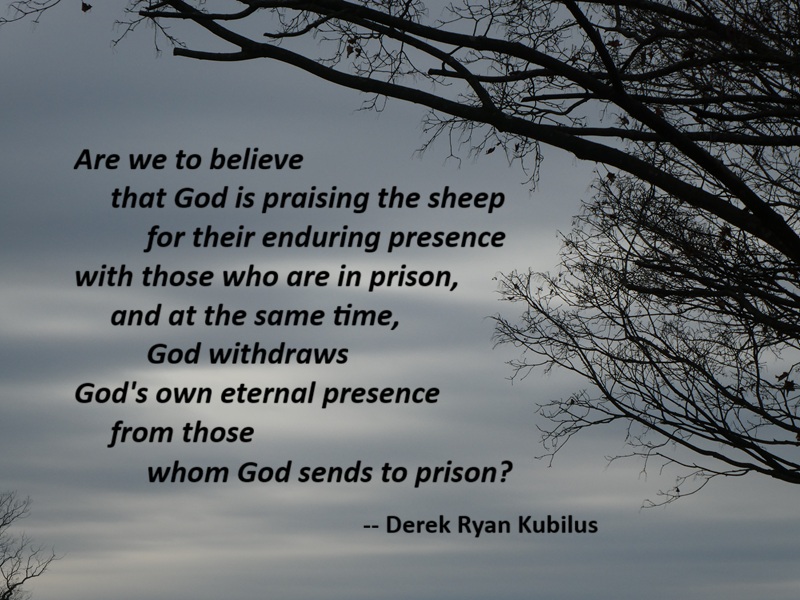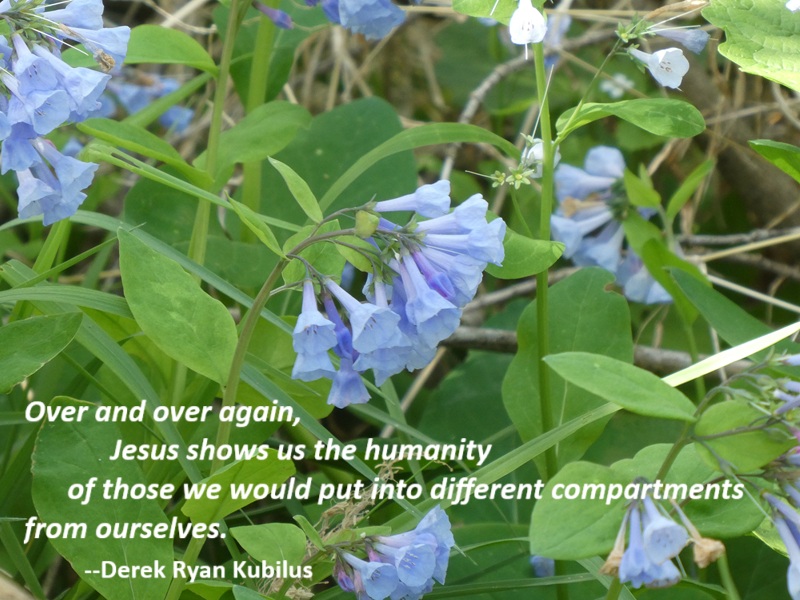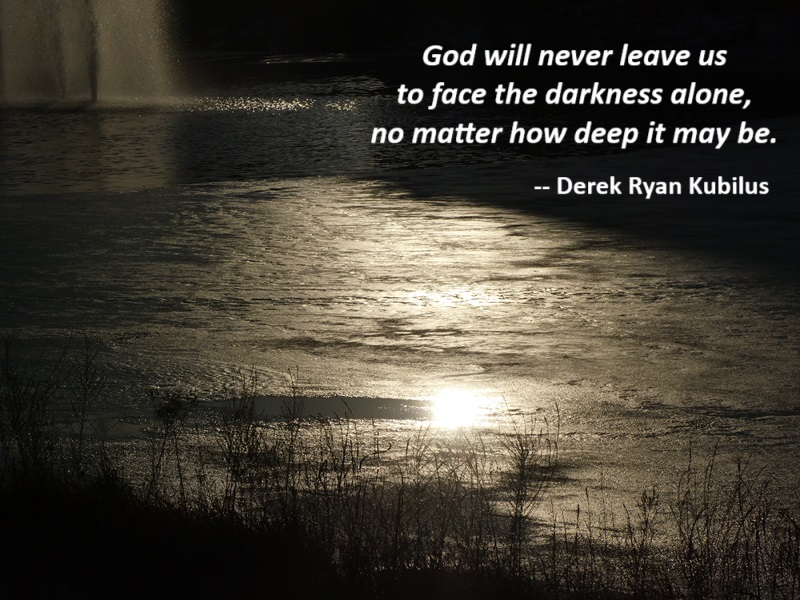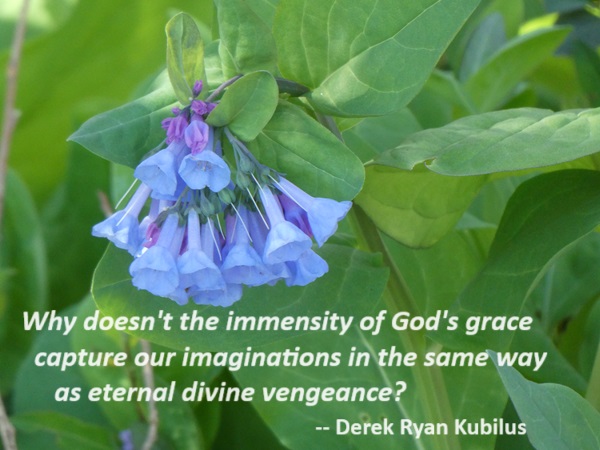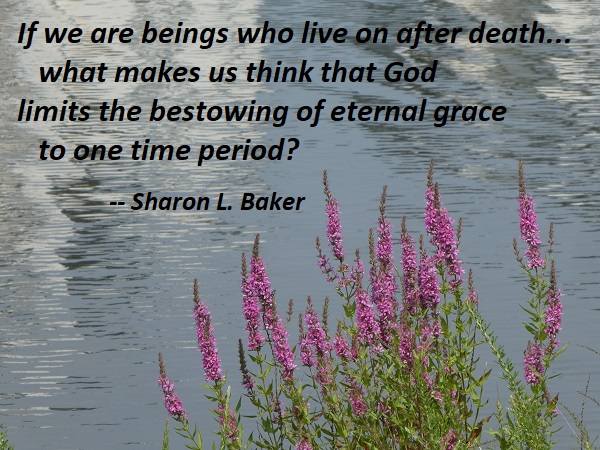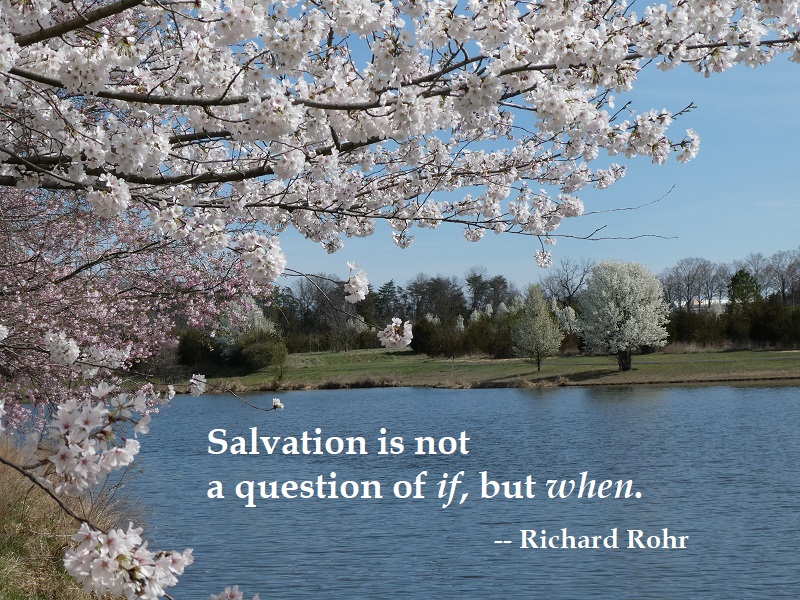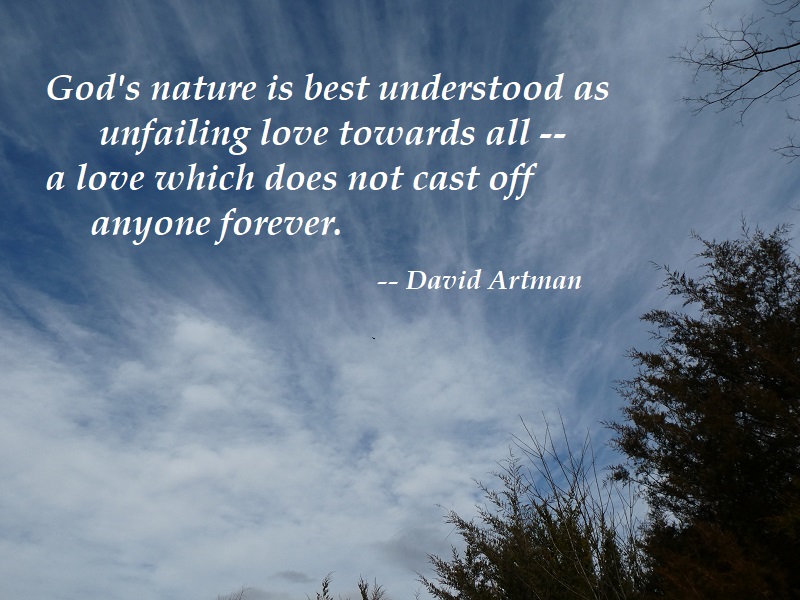Sheep and Goats
Also, notice that the sheep to the right of the shepherd are considered praiseworthy precisely because they do not think of the world in a dualistic way. They are sheep not because they were born as sheep but because they have chosen to respond to their neighbors in a very specific way. What grants them their identity as sheep i that they are precisely the kind of people who do not split the world up into sheep and goats….
The sheep respond to need and otherness with hospitality and love. They are sheep precisely because they are capable of recognizing a common humanity in their neighbors and having empathy for those who might be different from them or marginalized by society. They choose to cross the boundaries and break through the walls that might otherwise divide people – even the walls of a prison cell. Their “sheepyness” is defined by their refusal to accept the divisions of social or immigration status, health, wealth, or even (most ironically) the consequences of punitive justice.
Notice that the King does not say, “I was innocent and you came to prison to visit me.” He does not seem to care about the particular guilt or innocence of the one who is incarcerated. He simply identifies himself with whoever might be in prison, saying, “I was in prison and you visited me.” As the last detail mentioned in a series, the fact that sheep go to visit prisoners carries the most emphasis in the text. Caring for those who are imprisoned actually epitomizes what it means to be a sheep. Yet, some will argue that we are to understand this passage to be saying that God imprisons souls in a torture dungeon and withdraws God’s presence from them for all eternity! Are we to believe that God is praising the sheep for their enduring presence with those who are in prison, and at the same time, God withdraws God’s own eternal presence from those whom God sends to prison? If that were true, then Christianity would simply be a terrible religion worthy of our rejection, because the Christian God would be the biggest hypocrite of all.
— Derek Ryan Kubilus, Holy Hell, p. 98-99
Photo: Gray winter sky, South Riding, Virginia, December 31, 2025
